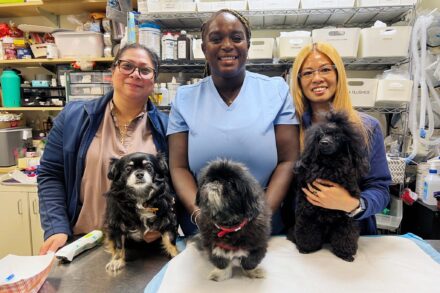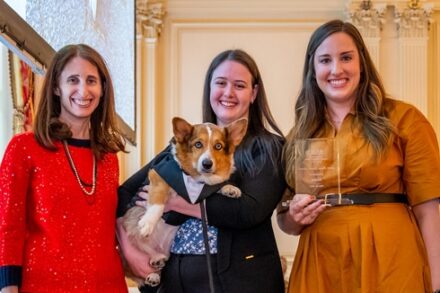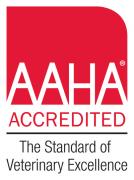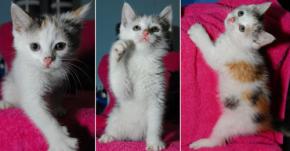Battery Ingestion
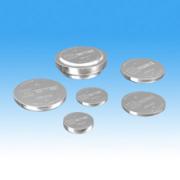
Battery Ingestion
The June issue of Pediatrics contained an article on the hazards of button battery ingestion in children. Button batteries are found in remote controls, battery operated toys and even greeting cards. Because battery operated devices have shrunken, so have batteries, making them easy for children to swallow. As the number of battery operated devices increases in our homes, battery ingestion is rising in children. The 20mm lithium cell was the most common culprit, causing severe injury in children. The study authors hypothesize that the battery’s size is just right to lodge in the airway or esophagus of small children, causing burns or perforation of the delicate tissues.
Because pets and children have many similar behaviors and are often about the same size, I was concerned about battery ingestion in dogs and cats. I called the ASPCA Poison Control Center (888.426.4435), which is staffed 24 hours a day, seven days a week, to get more information on this subject. Although there is a $65 fee to defray costs associated with providing this lifesaving service, it is worth every penny. Once you pay the fee and have a case number, you or your veterinarian can call the hotline as needed to get additional advice on optimal antidotes to whatever toxic substance your pet has eaten.
The staff of the ASPCA Poison Control Center was kind enough to answer my questions about battery ingestion in pets. They too are concerned about this problem in pets and recommend the following steps to owners if their pet inadvertently eats a battery. First, feed your pet a meal. Hopefully, the food will push the battery into the stomach, sparing the esophagus from damage. Then, immediately take your pet to the veterinarian for an x-ray. Fortunately, batteries show up on x-rays making it easy to determine where the battery is and what kind of damage it might be causing.
On a side note, if your child eats a battery, there is a national Battery Ingestion Hotline open 24 hours a day, seven days a week, at 202.625.3333 or call your local poison control center.
______________________
For nearly a century, The Animal Medical Center has been a national leader in animal health care, known for its expertise, innovation and success in providing routine, specialty and emergency medical care for companion animals. Thanks in part to the enduring generosity of donors, The AMC is also known for its outstanding teaching, research and compassionate community funds. Please help us to continue these efforts. Send your contribution to: The Animal Medical Center, 510 East 62nd Street, New York, NY 10065. For more information, visit www.amcny.org. To make an appointment, please call 212.838.7053.























